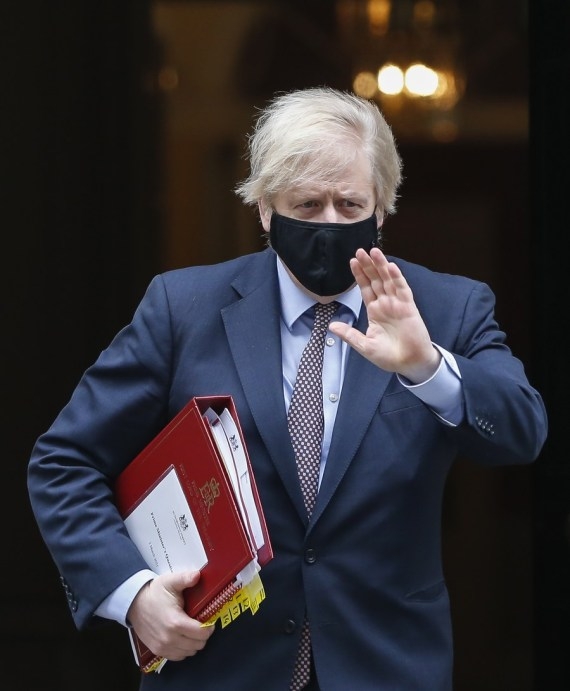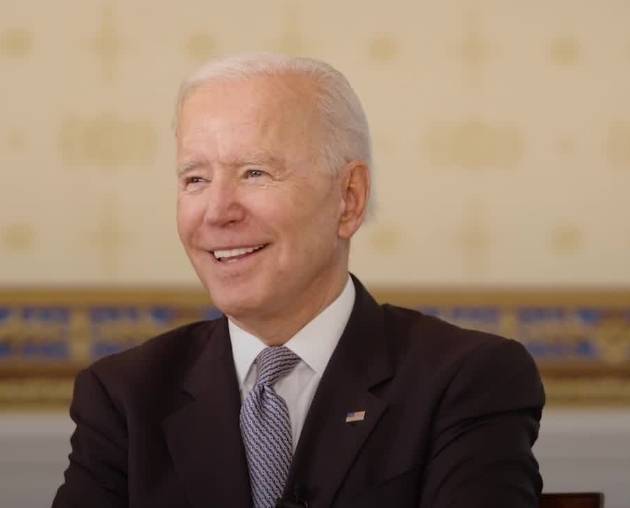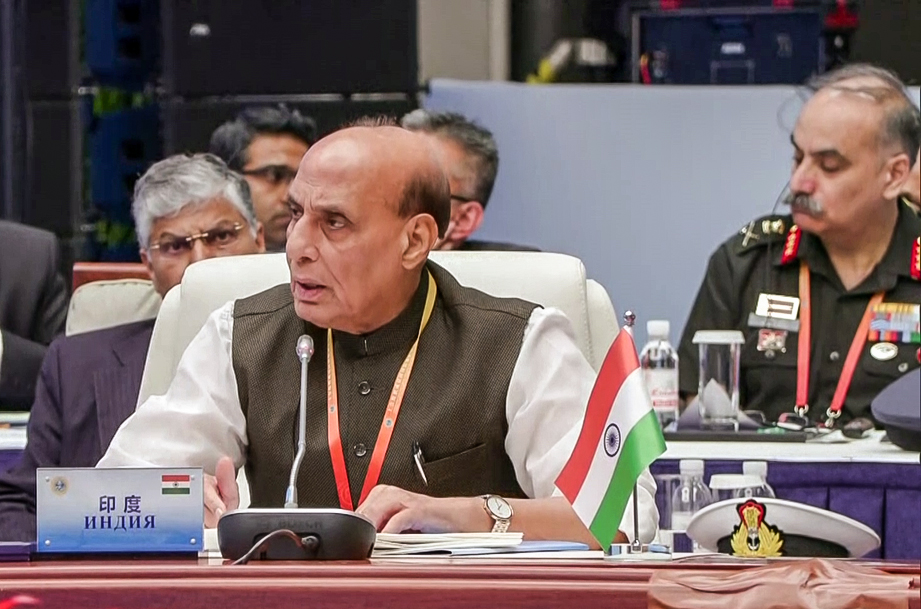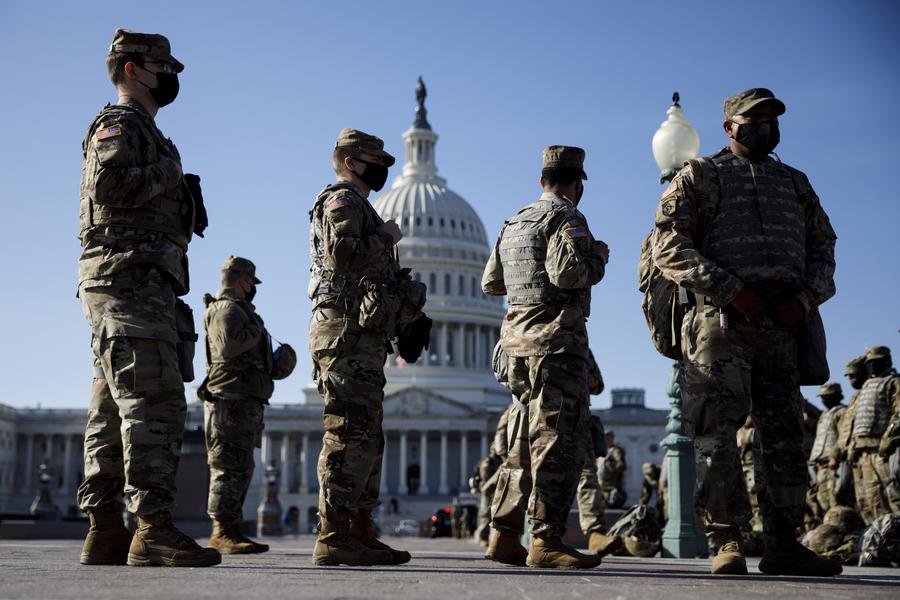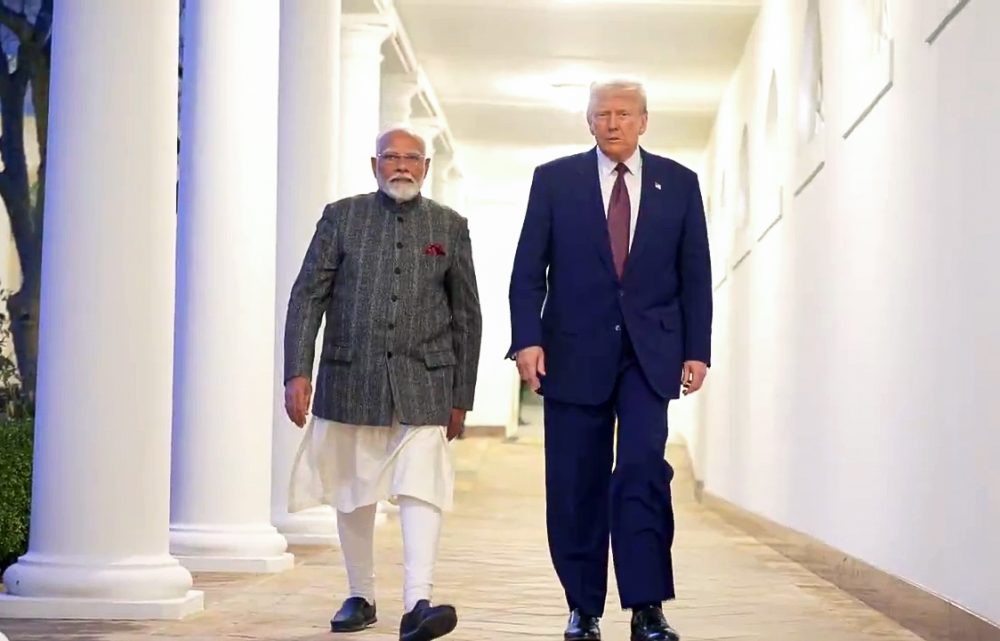UK Prime Minister Boris Johnson admitted that “selfish and nationalistic approaches” had marred the initial global response to the Covid-19 pandemic.
“I know the world was looking to us to reject some of the selfish and nationalistic approaches that have marred the initial global response to the pandemic,” Johnson said at a press conference on Sunday as the G7 leaders wrapped up their first in-person summit in almost two years in the southwestern English resort of Carbis Bay, Cornwall.
Johnson voiced hope that a new pledge made by the G7 countries about sharing 1 billion Covid-19 vaccines with the world’s low-income countries over next year has lived up to “some of the most optimistic of hopes and predictions”.
The vaccines will include 100 million doses from the UK and 500 million from the US.

The UK is the first European country that passed the grim mark of 100,000 coronavirus-related deaths.
The G7 countries have long been criticized for hoarding vaccines.
They have reserved more than a third of the world’s vaccine supply, despite making up only 13 per cent of the global population.
Countries like Canada, the UK, and the US have had enough doses to vaccinate their entire populations multiple times over.
In a joint communique issued at the end of the summit, the G7 countries said they will support science in a mission to shorten the cycle for the development of safe and effective vaccines, treatments and tests from 300 days to 100 days.
Aside from supporting their own pandemic-hit economies “for as long as is necessary”, the G7 countries will strengthen partnerships with other countries, according to the communique.
Acknowledging the urgency of fighting climate change, the G7 countries said they will accelerate the transition away from coal, but failed to provide a timeline to end the use of coal for generating electrical power.
Johnson, whose country holds the rotating G7 presidency, said that “action has to start with us” as a group to reduce global carbon emissions.
Leaders from the UK, the US, Canada, Japan, Germany, France and Italy, plus the European Union, took part in the three-day gathering from June 11-13.
The UK also invited Australia, India, South Korea and South Africa as guest countries to this year’s meeting.
During the G7 summit, multiple protests were staged in Cornwall to accuse the “rich countries’ club” of making “empty promises” and failing to properly tackle such issues as climate change and ecological emergency.
The G7 summit was also overshadowed by the newly exposed scandal of US spying on European politicians and the Britain-EU dispute over Northern Ireland, among other issues.


